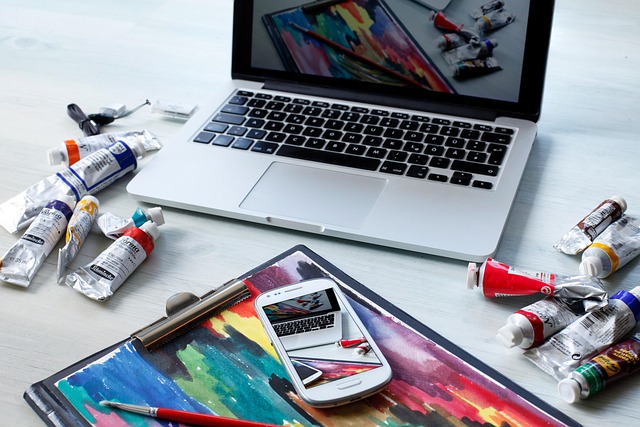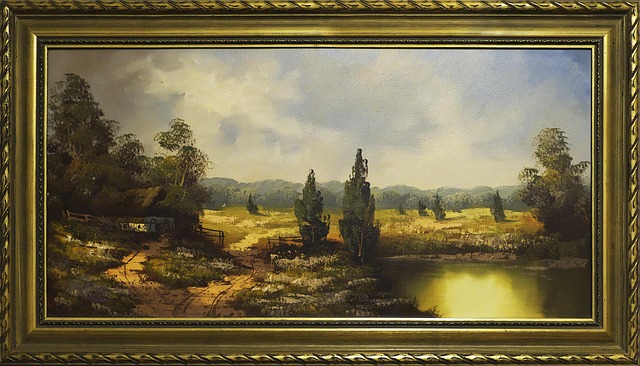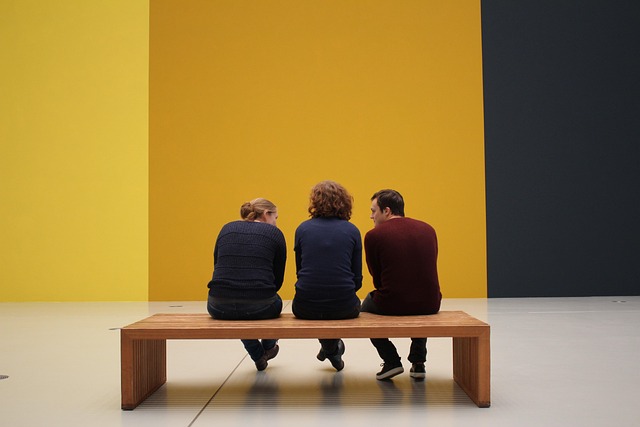Unlocking Your Creative Potential Through Oil Painting
There’s something uniquely captivating about oil painting that draws artists of all levels into its rich, vibrant world. The slow drying time, the luscious texture, and the ability to layer colors gently make it a favored medium for expressing depth and emotion on canvas. For beginners stepping into the realm of Painting, mastering oil painting can feel both daunting and exhilarating.
Choosing the Right Materials
Before your brush even touches the canvas, the materials you select play a crucial role in your success. Invest in quality oil paints with strong pigmentation, as they bring your artwork to life with vivid color and intensity. Select brushes specifically designed for oil painting—these tend to have stiffer bristles that hold paint well and allow for detailed strokes. Preparing your canvas with a proper primer like gesso ensures the paint adheres smoothly and prevents unwanted absorption.
Understanding the Basics of Technique
One of the greatest advantages of oil painting is its forgiving nature. Unlike acrylics, oils dry slowly, giving you plenty of time to blend colors and create subtle gradients. Approach your painting layers with the “fat over lean” technique—start with thinner, less oily layers, and gradually add thicker, more oil-rich layers. This approach prevents cracking as the paint dries over time.
Capturing Light and Depth
Oil paints excel at capturing luminosity. Experiment with glazing—applying thin, transparent layers of color—to build depth and create glowing effects. Don’t be afraid to mix your colors on the palette and directly on the canvas, exploring endless combinations. Remember, shadows and highlights are what breathe life into your paintings, so observe your subject carefully and translate the interplay of light and shadow with patience.
Embracing Mistakes and Evolving Your Style
Every artist encounters challenges, especially in the beginning. Mistakes are part of the journey and often lead to unexpected discoveries. Oil paint’s malleability allows you to scrape off or paint over errors, encouraging experimentation. Over time, your style will evolve as you gain confidence and develop a personal connection to the medium.
Final Tips for Beginner Oil Painters
- Work in a well-ventilated space to avoid inhaling fumes from solvents and mediums.
- Clean your brushes regularly to maintain their shape and longevity.
- Practice regularly—progress comes with consistent effort and observation.
- Keep a sketchbook to plan compositions and experiment with color schemes.
- Seek inspiration from master oil painters and contemporary artists alike.
Diving into oil painting is more than learning techniques—it’s about discovering a new way to see and interpret the world around you. As you pick up your brush and start blending those radiant hues, you’ll find yourself immersed in a creative journey that enriches both your art and your soul.




